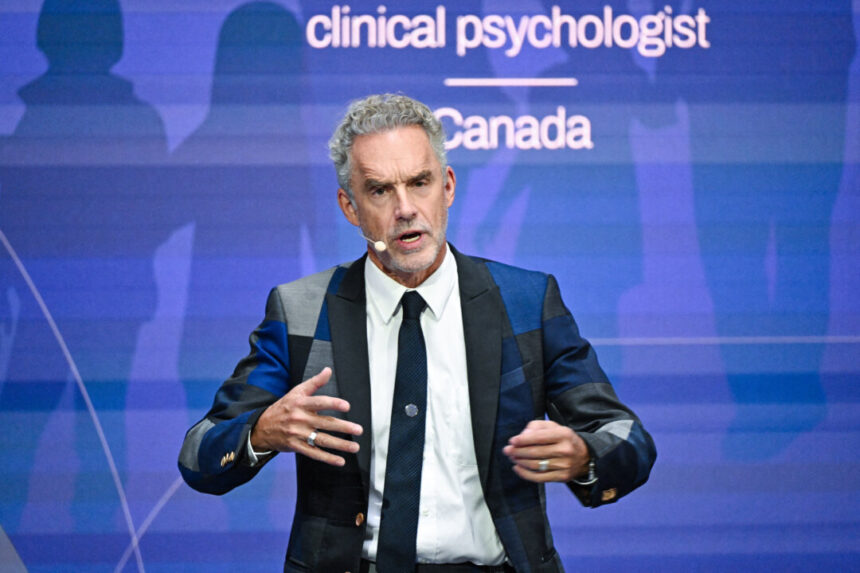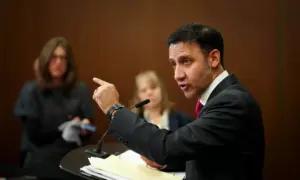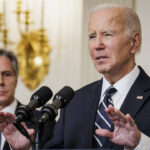Commentary
Ever since 2016, when Jordan Peterson first spoke out against changes to Canada’s Human Rights Act and Criminal Code to include “gender identity and expression” as protected categories, he has been a prominent figure in the public eye. Peterson’s argument that enforcing the use of preferred pronouns amounted to forced speech and an overreach of identity politics has sparked widespread debate.
Recently, Peterson faced a new challenge when his regulatory college mandated that he undergo training to maintain his psychologist’s license after his appeal was rejected by the country’s highest court. This development has once again thrust him into the national spotlight.
The complaints against Peterson, which were not from any of his patients but from individuals globally, led to the demand for him to undergo remedial training on social media conduct.
This case extends beyond Peterson and sets a precedent for all professionals under regulatory bodies.
Professionals now find themselves in a position where they must self-censor to avoid repercussions from their governing bodies. The implications of Peterson’s case could affect all Canadian professionals, compelling them to conform to specific ideologies or risk professional consequences. It calls for serious consideration among all professionals who are subject to regulatory oversight. If your livelihood depends on adherence to regulatory standards, it is crucial to recognize the threat and speak out against limitations on free speech before it becomes too late—for both individuals and the country.
Peterson has received support from numerous professionals who recognize the importance of his case. However, this issue extends beyond regulatory bodies.
Our fundamental institutions must remain free from ideological influence. Unfortunately, we have observed a shift towards alignment with prevailing philosophical trends incubated within universities. Justices increasingly rely on law clerks, often recommended by professors who were themselves former court clerks, for research in formulating their decisions. This close relationship with law schools exposes the court system to potential influence from current academic ideologies.
Additionally, there is a growing acceptance within the courts that “experts” should be allowed autonomy in their roles with minimal interference. Bureaucratic decisions are often upheld without question, as the courts hesitate to challenge the expertise of decision-makers. Even if these decisions violate charter rights, they may be excused under the guise of considering “charter values,” a judicially created doctrine that mandates decision-makers to prioritize the “essence” of the charter in their judgments. In Peterson’s situation, the issue revolves not only around his freedom of expression but also the “charter values” of diversity, equity, and inclusion.
However, this deference to bureaucrats leaves Canadians, including Peterson, devoid of genuine freedom of expression regarding prevailing societal ideologies.
We are all navigating through uncharted territory in this evolving landscape. There are limited individuals like Peterson who possess the resources and courage to confront these societal challenges, resulting in a loss of valuable professional discourse on critical matters.
We require the unrestricted speech of professionals to benefit from their collective expertise and insights.
Peterson has chosen to stand firm and confront this issue head-on. While he is willing to undergo the mandated re-education process, he remains steadfast in challenging the regulatory college. This battle signifies a fundamental struggle for the preservation of free speech in Canada, urging us to fortify ourselves for the road ahead.
Views expressed in this article are opinions of the author and do not necessarily reflect the views of The Epoch Times.
Please rewrite this statement.
Source link






